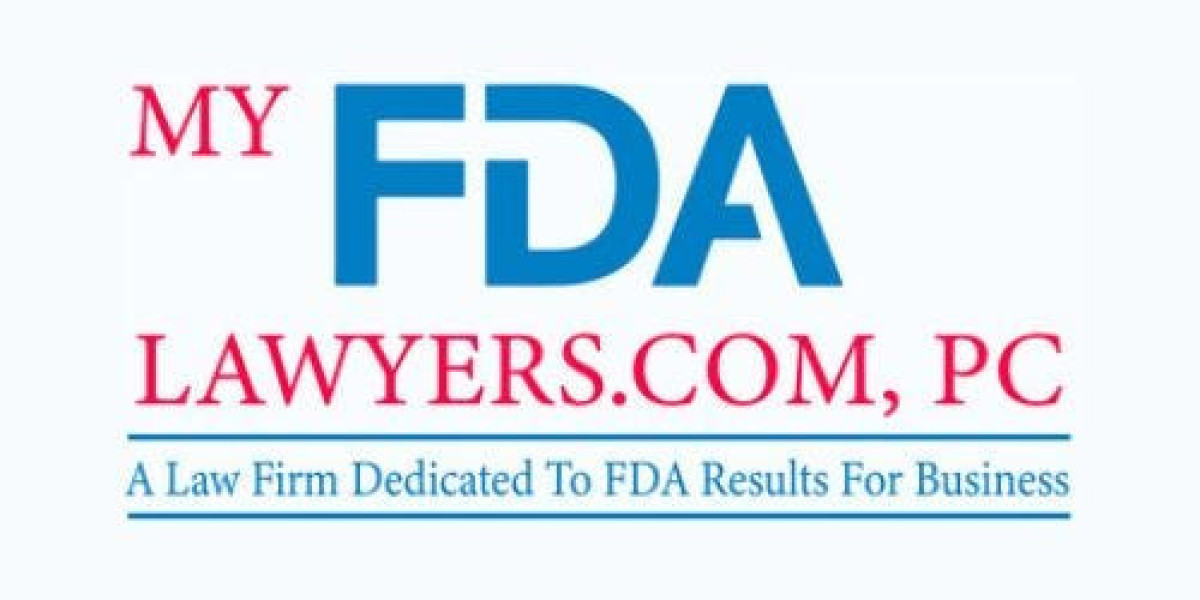The Food and Drug Administration (FDA) plays a critical role in ensuring the safety and efficacy of food, drugs, and medical devices in the United States. One of the ways the FDA upholds its standards is through detentions and refusals of products that do not meet regulatory requirements. However, there are several misconceptions about FDA detentions that can create confusion for manufacturers, importers, and the general public. In this article, we will decode seven common misconceptions about FDA detentions, with a focus on key terms like FDA detentions, 510(k) submissions, and the role of GMO Counsel Services.
Misconception 1: FDA Detentions Are Arbitrary
One of the most pervasive misconceptions is that FDA detentions are arbitrary or unpredictable. In reality, the FDA follows a stringent set of guidelines and criteria when determining whether a product should be detained. Products are detained if they appear to violate the Food, Drug, and Cosmetic Act (FD&C Act). Common reasons for detention include mislabeling, contamination, lack of proper documentation, and failure to comply with pre-market approval requirements such as 510(k) submissions for medical devices.
The FDA uses an automated system called PREDICT (Predictive Risk-based Evaluation for Dynamic Import Compliance Targeting) to screen imported goods. This system assesses the risk of each shipment based on various factors, including the compliance history of the importer, the type of product, and any alerts or warnings associated with the manufacturer. By using data analytics and risk-based assessments, the FDA ensures that detentions are based on evidence and regulatory standards, not on arbitrary decisions.
Misconception 2: FDA Detentions Only Affect Imported Goods
While it is true that FDA detentions are commonly associated with imported goods, it is a misconception to believe that they only affect products entering the United States. The FDA has the authority to inspect and detain domestic products as well. Domestic inspections can occur at manufacturing facilities, warehouses, and retail locations. If a product is found to be non-compliant during these inspections, it can be detained just like an imported product.
For instance, domestic food producers may face detentions if their products are found to contain harmful contaminants or if they fail to meet labeling requirements. Similarly, domestic manufacturers of medical devices must ensure their products meet FDA standards, including obtaining necessary pre-market clearances like the 510(k) for certain devices. Non-compliance can result in detentions and further regulatory actions.
Misconception 3: A 510(k) Submission Guarantees Approval
The 510(k) submission process is a pre-market notification required for many medical devices to demonstrate that the new device is substantially equivalent to a legally marketed device. One common misconception is that submitting a 510(k) automatically guarantees approval and market entry. In reality, the FDA’s review process for 510(k) submissions is rigorous and thorough. The submission must include detailed information about the device, including its design, materials, intended use, and performance data.
The FDA evaluates whether the new device is as safe and effective as a legally marketed predicate device. If the submission lacks sufficient evidence or fails to demonstrate substantial equivalence, the FDA can request additional information or reject the submission altogether. Moreover, even after receiving a 510(k) clearance, manufacturers must continue to comply with FDA regulations, including quality system requirements and post-market surveillance. Failure to do so can result in detentions and other enforcement actions.
Misconception 4: GMO Labeling and Compliance Are Not Enforced by the FDA
Genetically Modified Organisms (GMOs) have been a topic of debate and concern for many consumers. A common misconception is that the FDA does not enforce labeling or compliance related to GMO products. While it is true that the FDA’s primary authority over GMOs is focused on ensuring the safety of foods derived from genetically engineered plants, the agency also oversees voluntary labeling practices.
The FDA has issued guidance on voluntary labeling to ensure that labels are truthful and not misleading. For example, manufacturers who choose to label their products as containing GMOs or being GMO-free must do so accurately. The FDA can take action against companies that make false or misleading claims about their products, including detaining products that violate labeling requirements. This is where GMO Counsel Services can play a critical role in helping companies navigate the complex regulatory landscape, ensuring compliance with FDA guidelines and avoiding detentions.
Misconception 5: Only Large Corporations Need to Worry About FDA Detentions
Another misconception is that only large corporations need to worry about FDA detentions. In reality, businesses of all sizes, from small startups to large multinational corporations, are subject to FDA regulations and can face detentions if they fail to comply. Smaller companies may even be at higher risk because they often lack the resources and expertise needed to navigate complex regulatory requirements.
For small and medium-sized enterprises (SMEs), it is crucial to understand the importance of regulatory compliance and to seek professional assistance when necessary. This includes consulting with experts on FDA regulations, such as those specializing in 510(k) submissions for medical devices or GMO Counsel Services for food products. Ensuring compliance can prevent costly detentions and protect the company’s reputation.
Misconception 6: FDA Detentions Are Permanent and Irreversible
A common fear among businesses is that once a product is detained by the FDA, the detention is permanent and irreversible. This is not true. FDA detentions can be resolved if the underlying issues are addressed. The FDA provides pathways for companies to respond to and rectify the reasons for detention. This may involve submitting additional documentation, correcting labeling errors, or improving manufacturing processes.
For example, if a medical device is detained due to insufficient documentation in the 510(k) submission, the manufacturer can work with the FDA to provide the necessary information and potentially gain clearance. Similarly, if a food product is detained for mislabeling, the company can correct the labels and request a re-inspection. It is essential for businesses to work proactively with the FDA and seek legal or regulatory counsel if needed to resolve detentions promptly.
Misconception 7: Legal Counsel Is Not Necessary for FDA Compliance
Some businesses believe that they can handle FDA compliance on their own without the need for legal or regulatory counsel. While it is possible for companies to manage compliance internally, having experienced legal counsel, such as GMO Counsel Services, can be invaluable. The FDA’s regulations are complex and constantly evolving, making it challenging for companies to stay up-to-date and ensure full compliance.
Legal counsel can provide expert guidance on regulatory requirements, assist with preparing and submitting 510(k) applications, and help respond to FDA detentions. They can also represent the company in interactions with the FDA, ensuring that communications are clear and effective. By investing in professional legal and regulatory support, companies can mitigate the risk of detentions and other enforcement actions.
Conclusion
Understanding the intricacies of FDA detentions is crucial for any business involved in the production, importation, or sale of food, drugs, and medical devices in the United States. By debunking common misconceptions about FDA Detentions, we can better appreciate the importance of compliance and the role of regulatory oversight in protecting public health. Whether it’s ensuring accurate labeling for GMO products, navigating the 510(k) submission process for medical devices, or addressing detentions promptly and effectively, businesses must remain vigilant and informed. Engaging with experienced legal counsel, such as GMO Counsel Services, can provide the necessary support to navigate these challenges successfully and maintain compliance with FDA regulations.







